Creating sustainable and responsible supply chains through human resource and information system integration
IAN LANGELLA, VIET DAO AND JERRY CARBO, SHIPPENSBURG UNIVERSITY, USA
Abstract: The depletion of natural resources and disparity in wealth and development has led to calls for a focus on sustainability in management. Sustainable management can be brought about with an emphasis on the triple bottom line, which refers to adding people and the planet alongside profit as the basis to judge outcomes and guide managerial decision making. Meanwhile, the field of supply chain management has evolved from the realization that demand is satisfied through the cooperation of several firms, not through the actions of a single firm. The revelation of supply chain management is that firms in the same supply chain (partners) should coordinate decisions – rather than making these decisions in an isolated fashion – to increase efficiency and satisfy this demand with less costs. Considering both the emergence of sustainability and supply chain management, it seems logical to presume that coordination among supply chain partners will bring about a more sustainable and responsible (people and planet) supply chain, just as it brings about a more efficient (profit) one. Although much of the sustainability literature in supply chain management has been focused on the environmental side of sustainability, considering the effect on people (employees and communities) has received much less attention. In this contribution, we provide a blueprint for a sustainable and responsible supply chain incorporating elements of human resource management. Since supply chains are often geographically dispersed, information systems plays a crucial role in sharing information on the environmental impact of operations and metrics quantifying the effect of operations on workers and communities.
Keywords: Triple Bottom Line, Human Resources, Information Systems, Supply Chains
